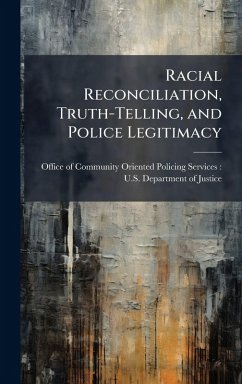
State, Violence, and Legitimacy in India
Versandkostenfrei!
Versandfertig in über 4 Wochen
44,99 €
inkl. MwSt.

PAYBACK Punkte
22 °P sammeln!
How do people respond to a state that is violent towards its own citizens? In this book this question is answered by studying responses to police violence in Delhi and to army violence in the context of a secessionist movement in Assam. Evidence from both the field-sites indicates towards acceptance of the state, though it may be slow and flickering, based on own rationalities of the subjects or contextual.












